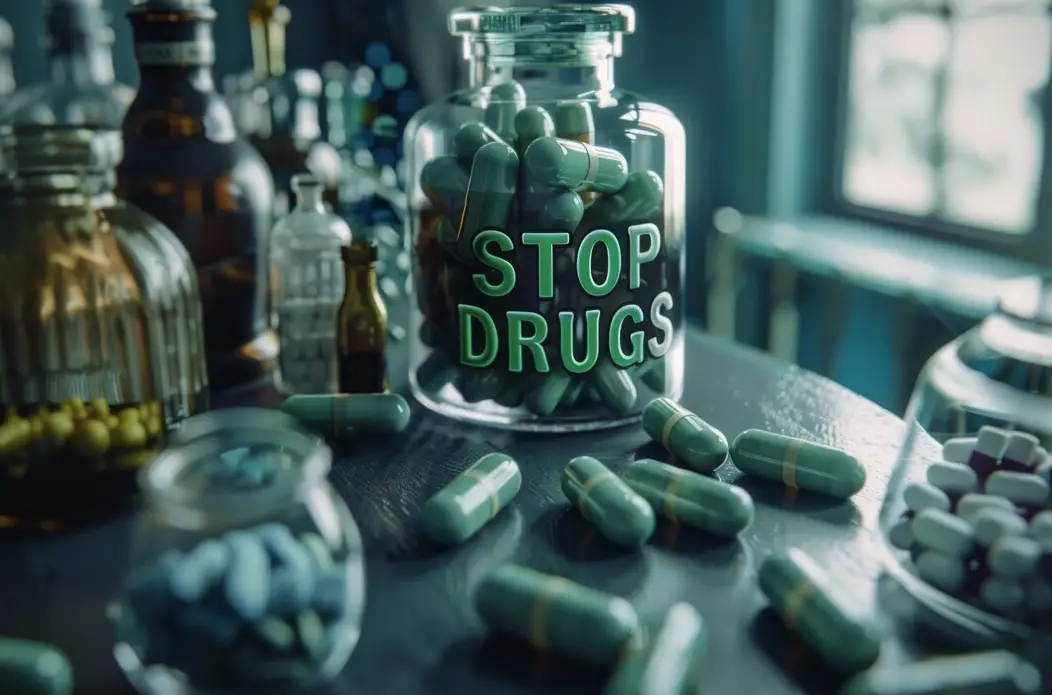The Science of Detox: Understanding the Process

Detoxification involves the process of removing toxic substances from the body, managing withdrawal symptoms, and stabilizing the person to prepare them for further treatment. The science of detox is complex and multifaceted, encompassing physiological, psychological, and medical components. This article explores the scientific principles and processes underlying detox, highlighting the importance of medical supervision and a comprehensive approach to treatment.
Physiological Basis of Detox
The human body has a natural detoxification system primarily involving the liver, kidneys, and gastrointestinal tract. These organs work to metabolize and excrete toxins from the body. However, in the context of substance addiction, the body becomes overwhelmed by the excessive intake of drugs or alcohol, and natural detoxification processes are insufficient to handle the load. This is where medical detox interventions become necessary.
When a person stops using a substance which they’re addicted to, for instance, taking on a Cocaine detox, the body undergoes withdrawal as it attempts to regain homeostasis. The brain, having adapted to the presence of the substance, experiences a disruption in neurotransmitter balance. For instance, in opioid addiction, the brain’s production of natural painkillers (endorphins) is suppressed. When opioid use is discontinued, the sudden absence of these substances leads to a range of withdrawal symptoms, such as pain, anxiety, and gastrointestinal distress.
Medical Supervision and Intervention
Given the complexity and potential dangers of withdrawal, medical supervision is crucial during the detox process. Healthcare professionals assess the patient’s physical and mental health, substance use history, and any co-occurring disorders. This evaluation informs a tailored detox plan that may include medication-assisted treatment (MAT) to ease withdrawal symptoms and prevent complications.
Medications play a significant role in the detox process. For example, in opioid detox, medications like methadone, buprenorphine, and naltrexone can help to manage cravings and lessen withdrawal symptoms by interacting with the same brain receptors as opioids but without producing a high. For alcohol detox, benzodiazepines may be used to reduce the risk of seizures and severe withdrawal symptoms. These medications are administered in controlled dosages and gradually tapered off to allow the body to adjust safely.
Psychological and Emotional Support
Detoxification isn’t just a physical process but also an emotional and psychological one. Patients undergoing detox often experience intense emotions, including anxiety, depression, and irritability. Psychological support is essential to help them cope with these feelings and reduce the risk of relapse.
Counseling and therapy are integral parts of the detox process. Behavioral therapies, such as cognitive-behavioral therapy (CBT), help people to understand their addiction, identify triggers, and develop coping strategies. Support groups and peer support offer a sense of community and shared experience, which are essential for emotional stability and motivation during detox.
Holistic and Integrative Approaches
Holistic and integrative approaches to detox consider the whole person, addressing physical, mental, and spiritual well-being. Practices such as yoga, meditation, acupuncture, and nutritional therapy can complement medical treatments and support overall health. These approaches can reduce stress and promote a sense of balance, aiding in the detox process.
Transition to Continued Treatment
After detox, continued treatment is needed to address the underlying reasons for their addiction and develop long-term strategies for maintaining sobriety. This often involves transitioning to inpatient or outpatient rehabilitation programs, ongoing counseling, and participation in support groups.
Conclusion
The science of detox is a comprehensive process that involves clearing the body of addictive substances, managing withdrawal symptoms, and providing psychological support. Medical supervision and interventions, combined with holistic approaches, ensure a safe and effective detoxification process. Understanding the physiological, psychological, and medical aspects of detox highlights its importance as the foundation for successful addiction treatment.
